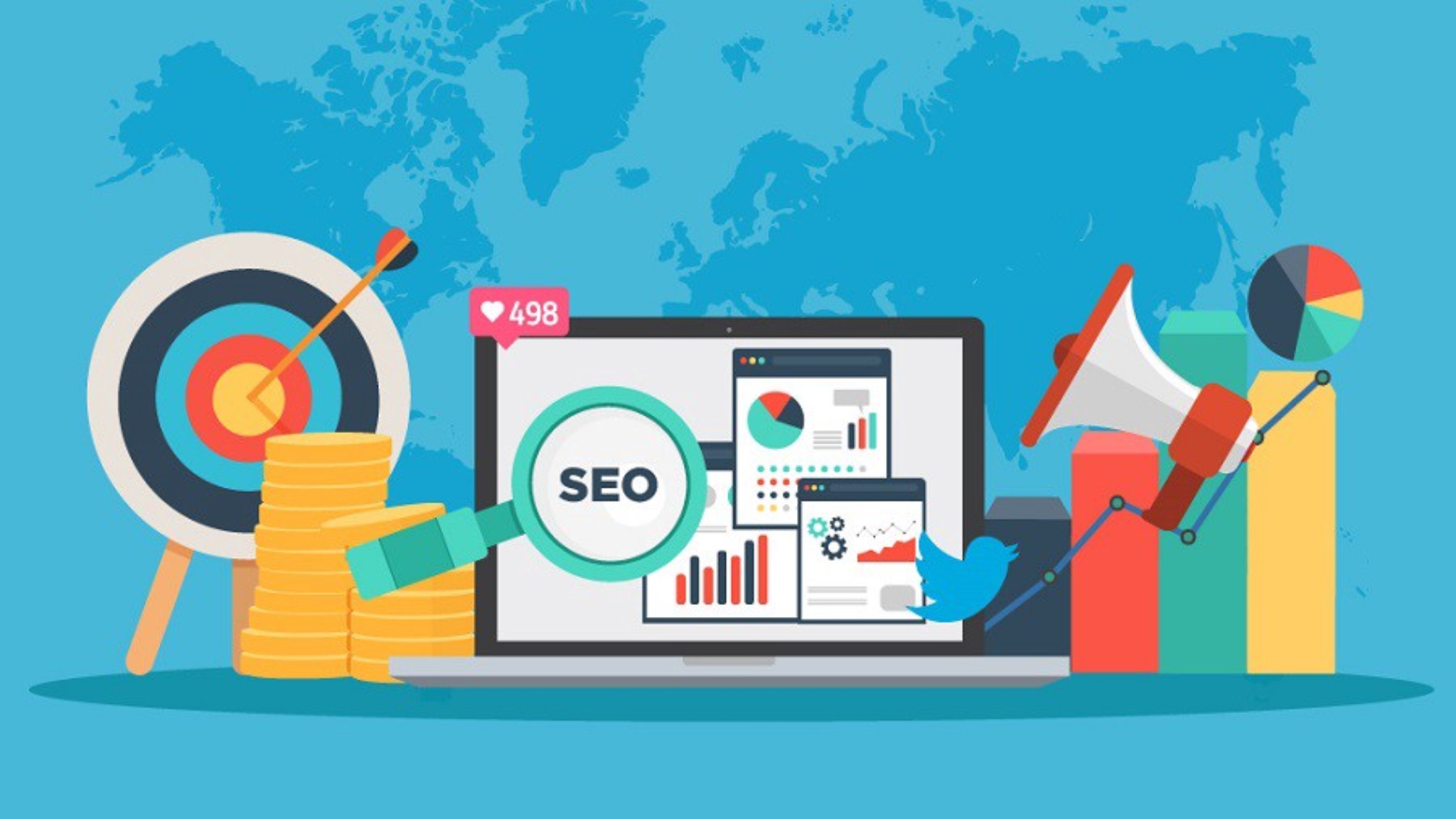Having an online presence is important for small businesses, as it helps build brand awareness and reach a larger audience. By marketing your small business online, you can increase customer engagement, build brand loyalty, and increase sales. There are many strategies that can be used to market your small business online, and each has its own benefits and challenges. In this blog post, we will discuss 7 strategies to market your small business using remote tools with tips and tricks.
Strategy 1: Use Custom Video Conferencing
Custom video conferencing allows for face-to-face interaction with customers, which can be more effective than other forms of communication. To get the most out of custom video conferencing, it’s important to utilize the unique and customizable tools that are provided. For example, ProVideoMeeting allows users to customize their waiting rooms to their own brand aesthetics. This ultimately contributes to building brand recognition and creates a unique experience for your clients. Many small businesses have used custom video conferencing to host virtual events, such as product launches or webinars. Additionally, set a specific agenda for the meeting and keep it short and to the point.
Strategy 2: Branding
Branding is the process of creating a recognizable image or identity for your company or product. Branding can help you stand out from the competition, create trust and loyalty with customers, and make it easier to market your products or services. To brand your small business, create a unique logo and use consistent branding across all of your online platforms. Additionally, develop a mission statement that reflects your values and goals.
Strategy 3: Utilize Content Marketing
Content marketing is a type of digital marketing that focuses on creating and distributing content with the goal of attracting and engaging an audience. Content marketing can include blog posts, videos, infographics, e-books, podcasts, etc. When creating content, focus on topics that are relevant to your target audience and create content that is interesting and informative. Additionally, promote your content through social media and other channels to reach a wider audience.
Strategy 4: Leverage Social Media
Social media platforms, such as Facebook, Instagram, Twitter, and LinkedIn, allow businesses to build relationships with their target audience. Many small businesses have seen success by using social media to post engaging content, interact with customers, and promote their products or services. To get the most out of social media, create a content calendar to ensure that you are consistently posting quality content that resonates with your audience. Additionally, respond promptly to customer inquiries and complaints. Utilize analytics tools to measure the success of your campaigns.

Strategy 5: Try Remote Advertising
Remote advertising is a form of digital advertising that uses remote technologies such as video streaming or augmented reality to reach consumers. Remote advertising can reach a large audience quickly and cost-effectively. It also offers more flexibility in terms of targeting specific demographics or interests. When using remote advertising, make sure that your content is high-quality and relevant to your target audience. Additionally, leverage analytics tools to measure the effectiveness of your campaigns.
Strategy 6: Take Advantage of Email Marketing
Email marketing is the process of sending out emails with the goal of acquiring new customers or retaining existing ones. Email marketing can be a cost-effective way to reach a large audience and build relationships with customers. It is also easier to track the success of email campaigns compared to other marketing strategies. To get the most out of email marketing, make sure to segment your list based on customer preferences or interests. Additionally, create compelling subject lines that will encourage readers to open your emails. Use analytics tools to measure the success of your campaigns.
Strategy 7: Use Search Engine Optimization (SEO)
Search engine optimization (SEO) is the process of optimizing web pages in order to rank higher in search engine results pages (SERPs). SEO can help increase website traffic and visibility, resulting in more leads and sales for small businesses. To use SEO effectively, optimize page titles and meta descriptions for each page on your website. Additionally, use keywords strategically throughout your web pages. Utilize analytics tools to measure the success of your SEO efforts.
These 7 strategies can help you market your small business online using remote tools with tips and tricks. By utilizing these strategies, you can increase customer engagement, build brand loyalty, generate leads and sales, and reach a larger audience. If you’re looking for ways to market your small business online effectively and efficiently, these strategies are definitely worth exploring.










